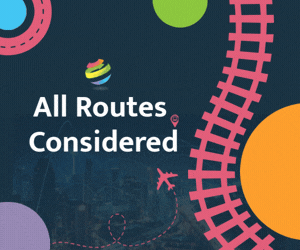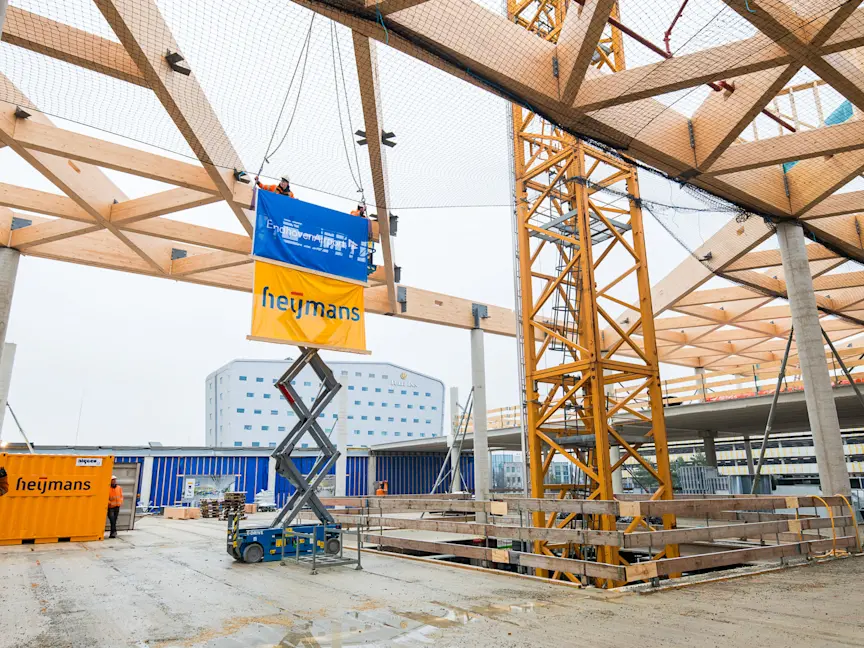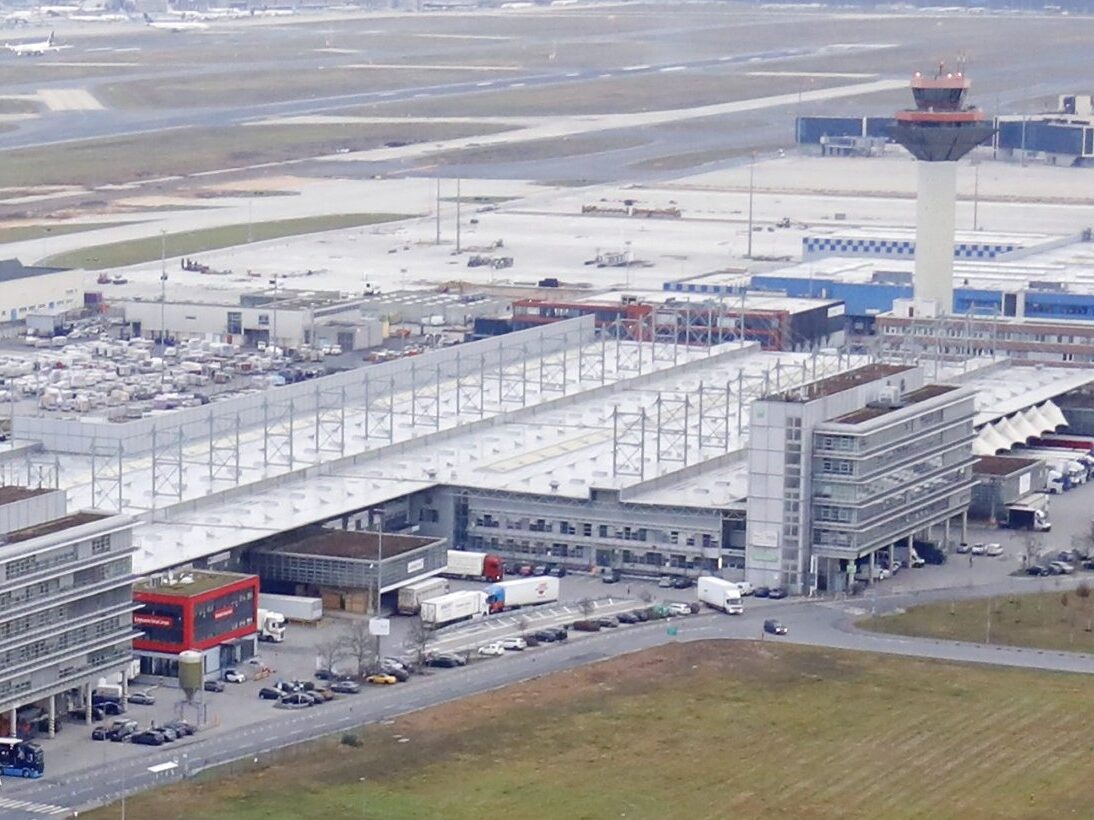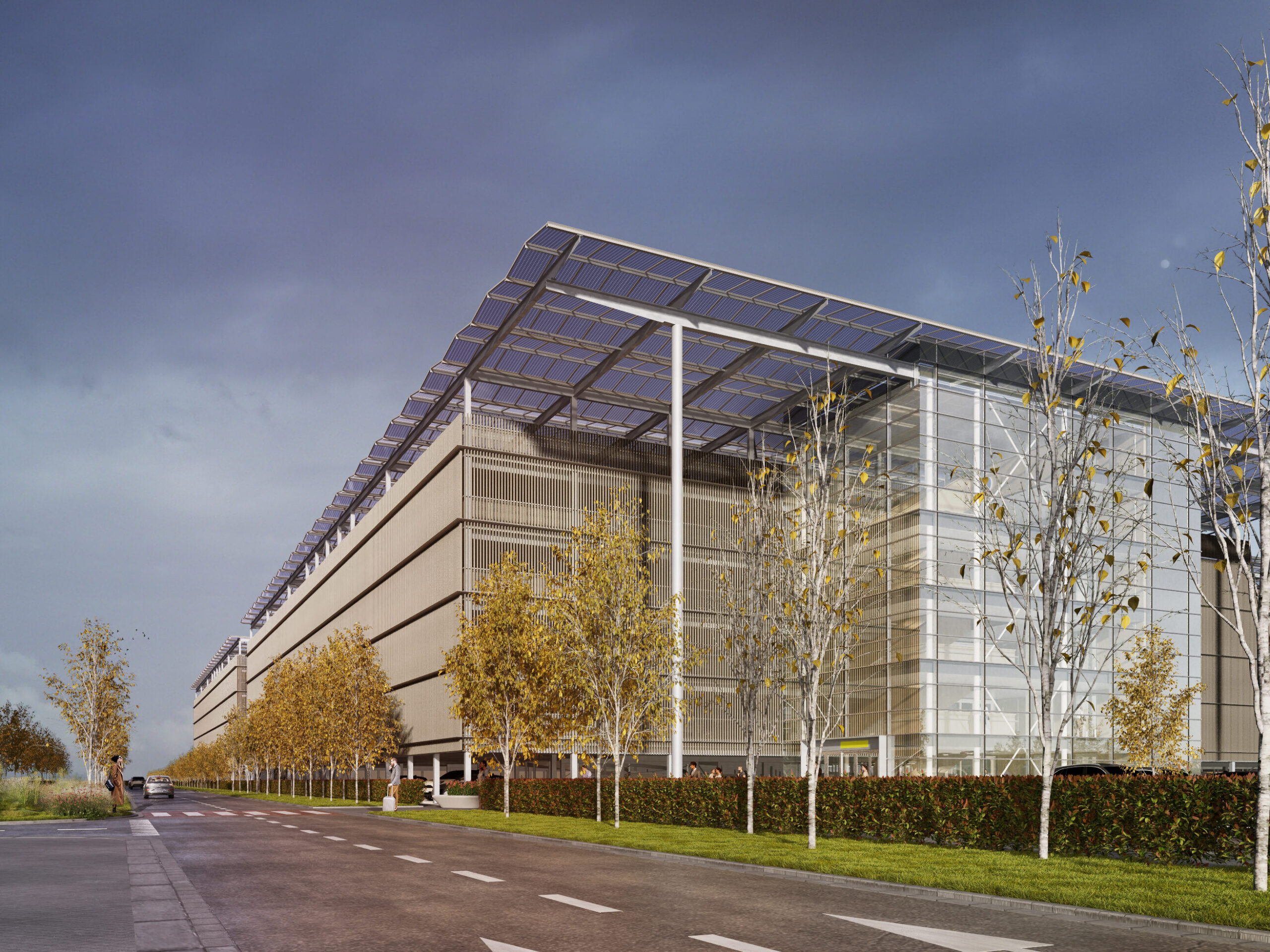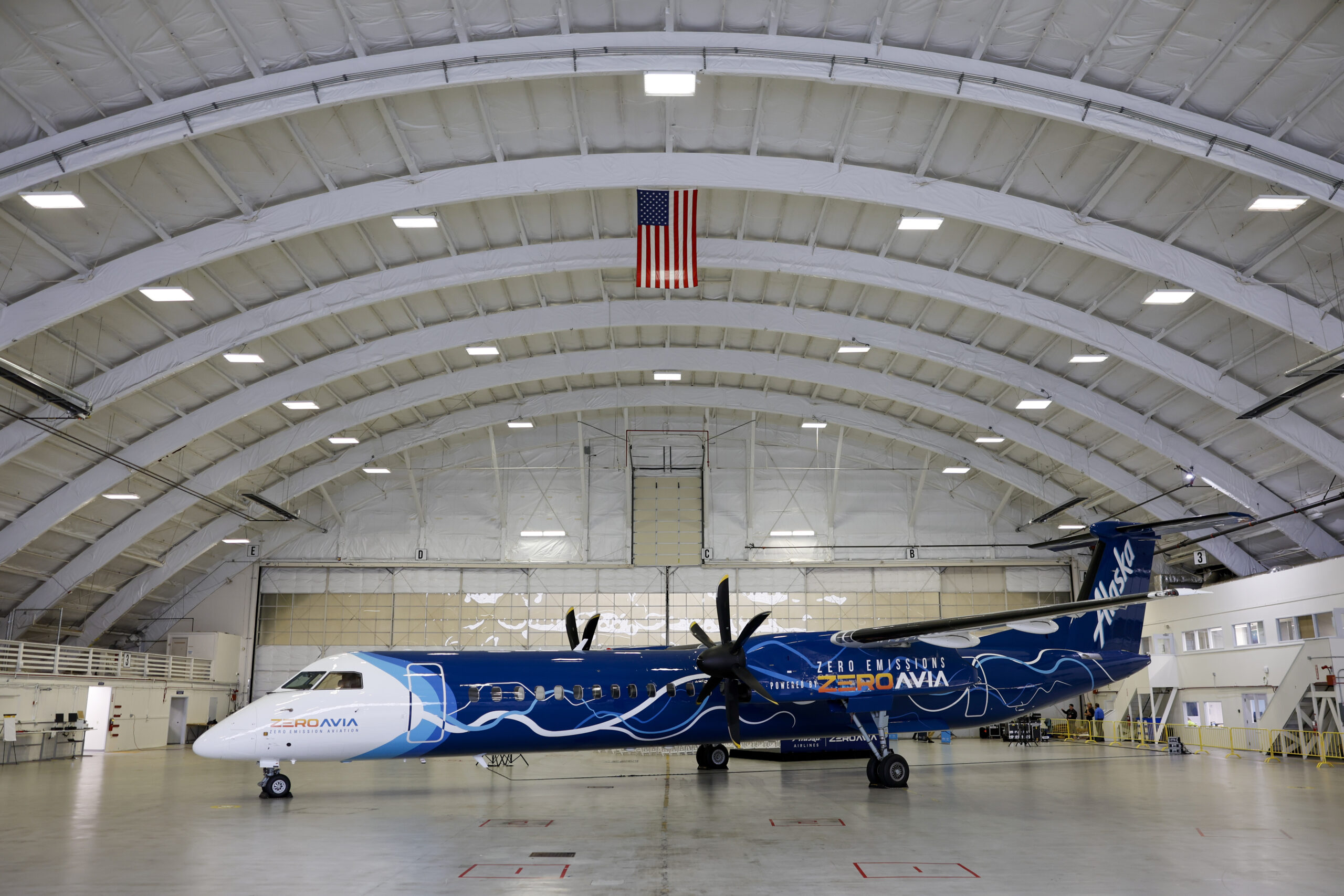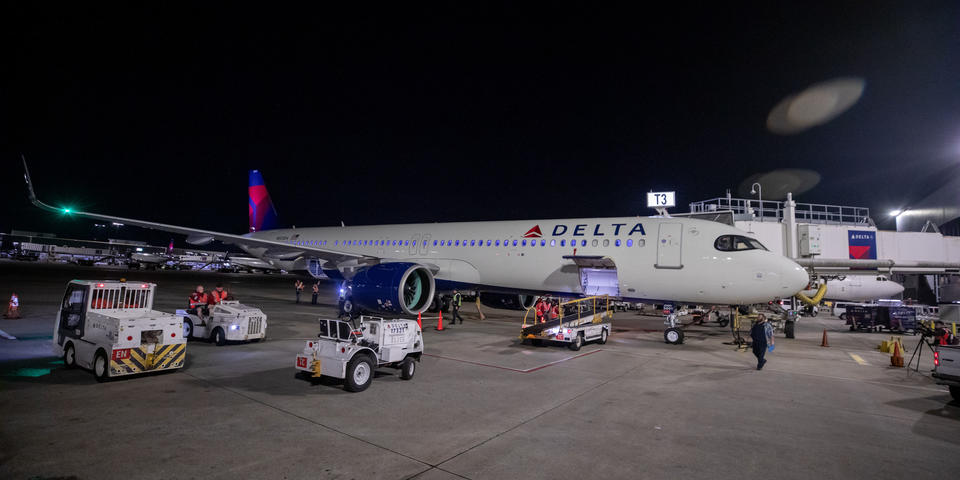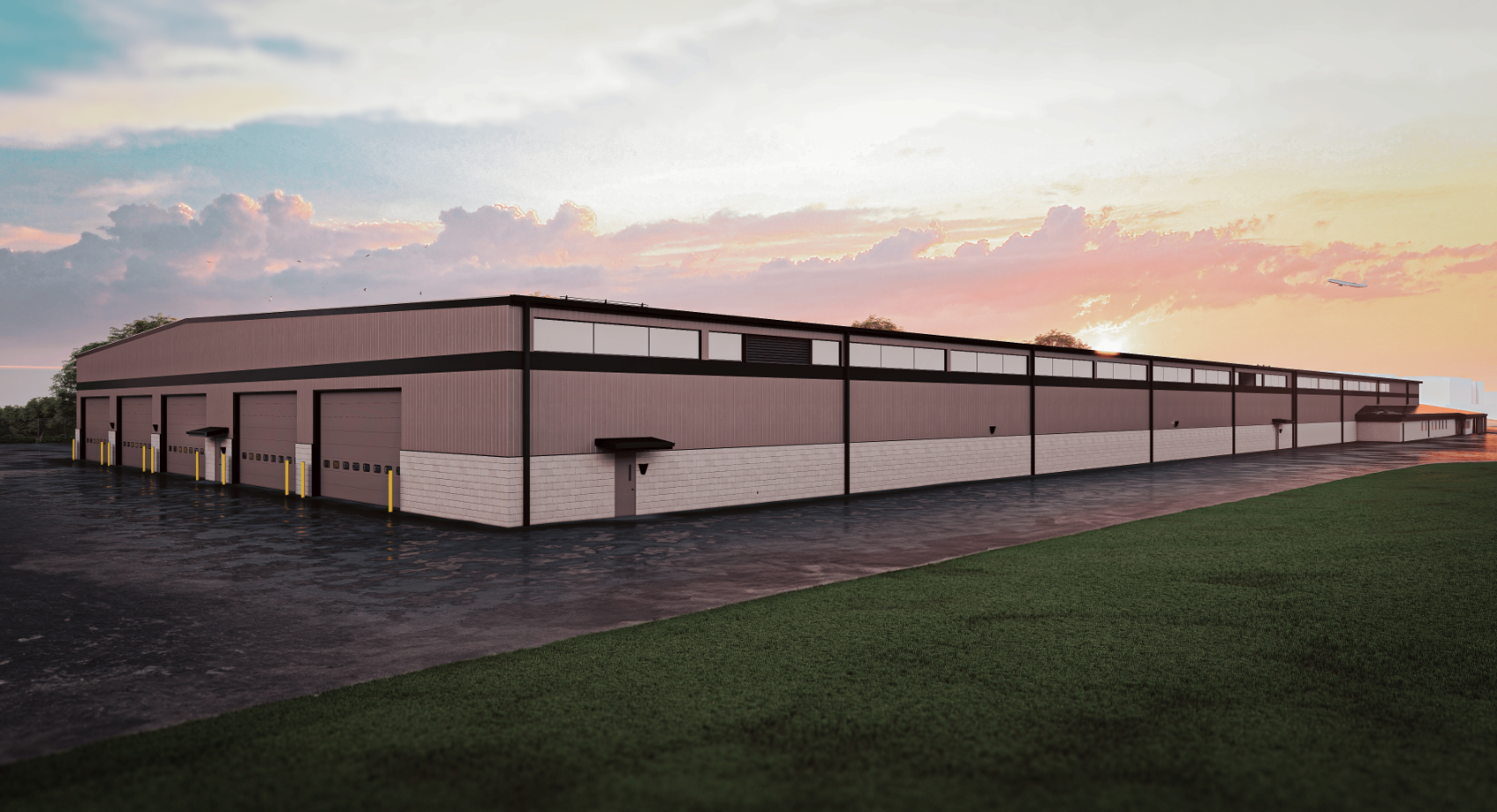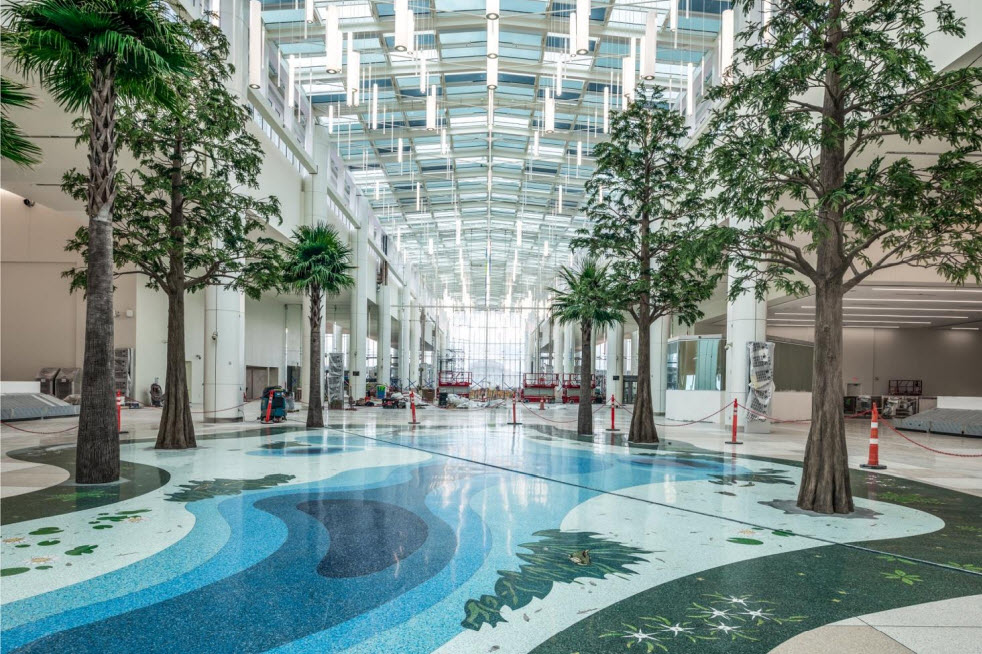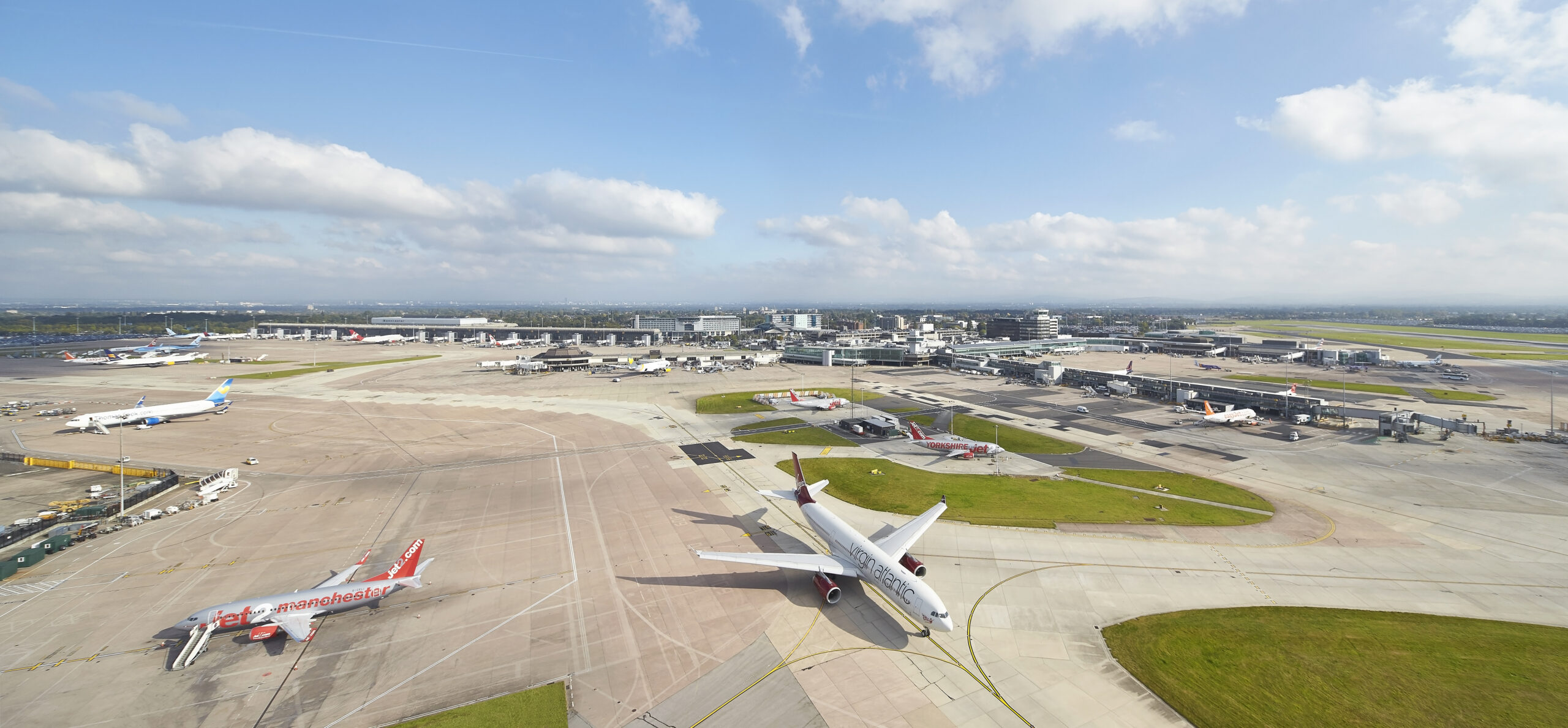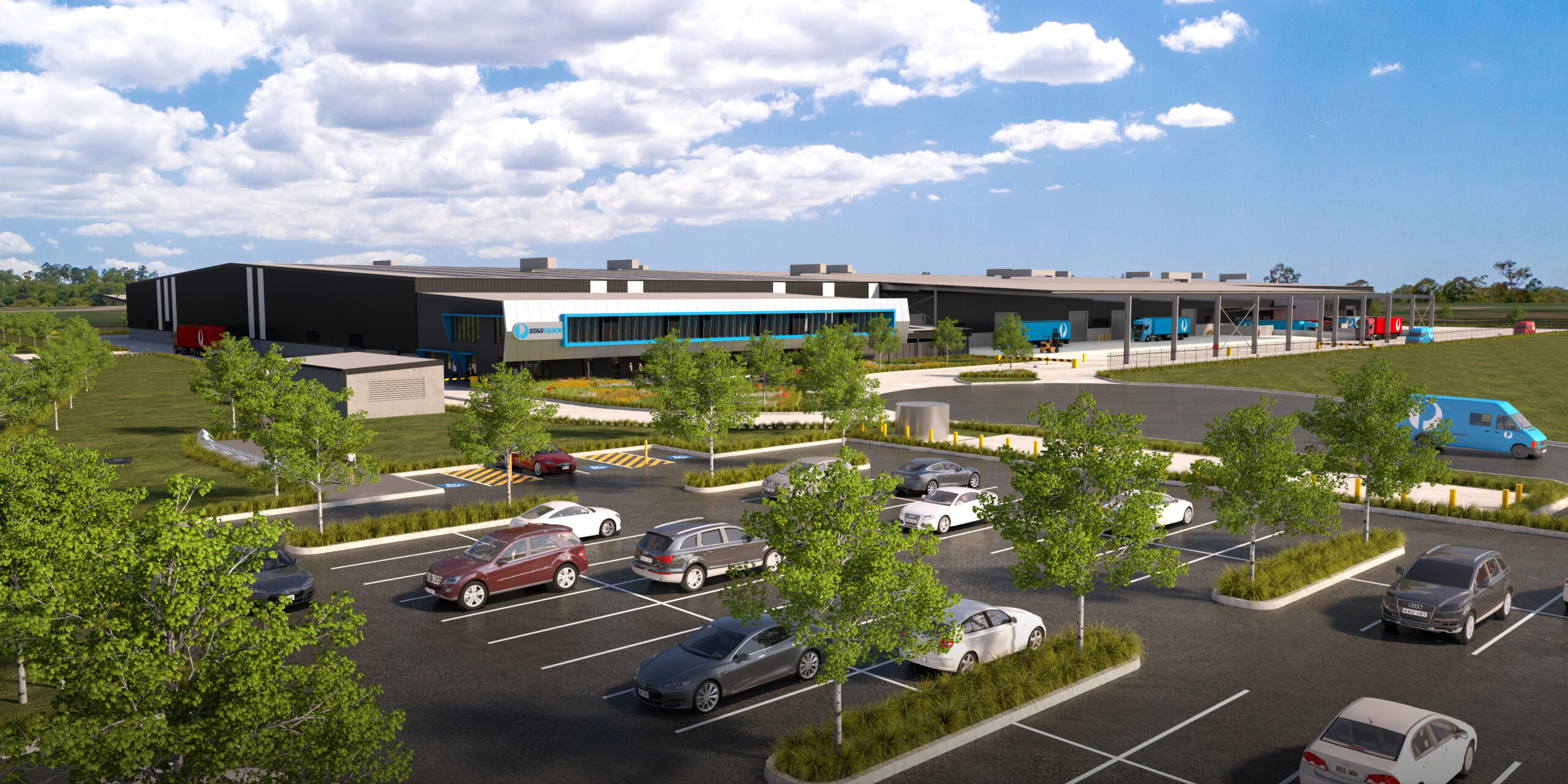Airbus and ZeroAvia have partnered with Canada’s three busiest airports: Montréal–Trudeau International Airport (YUL), Toronto Pearson International Airport (YYZ), and Vancouver International Airport (YVR) to study hydrogen infrastructure.
This initiative was announced at the International Aerospace Innovation Forum organised by Aéro Montréal.
It aims to support the International Civil Aviation Organization (ICAO), Air Transport Action Group (ATAG), and International Air Transport Association (IATA) in their mission to achieve net zero carbon emissions by 2050.

The study will explore hydrogen aircraft concepts, operations, supply infrastructure, and refuelling needs at airports, aiming to establish a comprehensive hydrogen aviation ecosystem across Canada.
Val Miftakhov, Founder and CEO, ZeroAvia said:We are bringing together Canada’s largest airports, the world’s largest aircraft manufacturer and the leading innovator in decarbonised propulsion technology, in order to progress the transition to hydrogen aviation. ZeroAvia flight testing demonstrates that hydrogen-powered commercial aviation is a prospect ahead of 2030, so we need to start working hard to prepare for the hydrogen infrastructure needed to support the aviation industry and airports as they step into a new golden age of clean flight.
Airbus plans to bring the world’s first hydrogen-powered commercial aircraft to market by 2035. Its Hydrogen Hub at Airports programme therefore aims to support the operation of this aircraft. It has agreements in ten countries to date.
Meanwhile, ZeroAvia is actively working on certifying its hydrogen powertrain (ZA600) for 10-20 seat aircraft, targeting market entry within the next few years. The company is also developing a second engine (ZA2000) for 40-80 seat aircraft and is creating the hydrogen fuel ecosystem to support these clean propulsion systems at airports.


